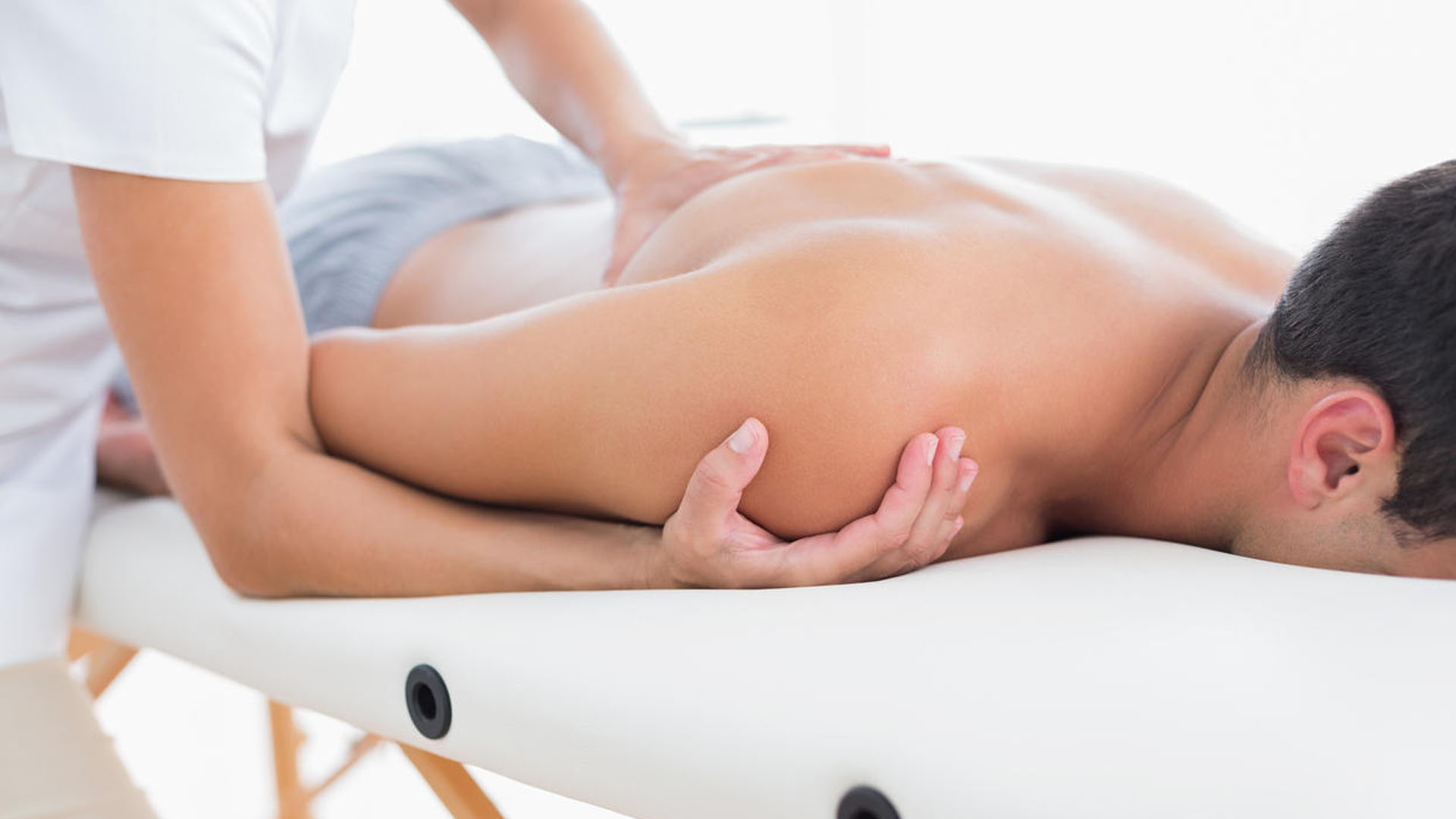In a fast-paced world filled with stress and tension, the ancient practice of massage therapy has emerged as a beacon of relaxation and healing. This holistic approach to wellness has transcended cultural boundaries and is now an integral part of various healthcare regimens. In this exploration of massage therapy, we delve into its origins, benefits, and the diverse techniques that make it a powerful tool for physical and mental well-being.
Origins of Massage Therapy:
Massage therapy is not a recent phenomenon; its roots can be traced back thousands of years. Ancient civilizations, including the Chinese, Egyptians, Greeks, and Romans, all recognized the therapeutic benefits of touch. The word “massage” itself is derived from the Greek word “masso,” meaning to knead or rub.
Benefits of Massage Therapy:
The benefits of massage therapy extend far beyond mere relaxation. One of its primary advantages is stress reduction. Through the manipulation of muscles and soft tissues, massage induces a state of deep relaxation, leading to a reduction in stress hormones.
Moreover, massage therapy promotes improved circulation. The pressure applied to the body during a massage enhances blood flow, delivering oxygen and nutrients to cells while aiding in the removal of waste products. This increased circulation contributes to better overall health and faster healing.
Muscle tension and pain are common ailments that massage therapy effectively addresses. Whether it’s a result of poor posture, strenuous physical activity, or chronic conditions, massage can alleviate discomfort by releasing tension and promoting flexibility.
The mental health benefits of massage therapy are equally significant. Beyond reducing stress, massages can alleviate symptoms of anxiety and depression. The release of endorphins during a massage contributes to an improved mood and an overall sense of well-being.
Varieties of Massage Techniques:
Massage therapy is a diverse field with numerous techniques tailored to address specific needs. Swedish massage, characterized by long, flowing strokes, is a popular choice for relaxation. Deep tissue massage, on the other hand, targets deeper layers of muscles and connective tissue, making it effective for chronic muscle problems.
For those seeking balance in the body’s energy, there’s the ancient practice of Thai massage, which combines acupressure, yoga, and passive stretching. Shiatsu, a Japanese technique, involves applying rhythmic pressure to specific points on the body to enhance the flow of vital energy.
Sports massage caters to athletes, focusing on preventing and treating injuries, enhancing flexibility, and improving performance. Pregnant women often find relief from prenatal massage, specifically designed to address the discomforts associated with pregnancy.
Professionalism and Ethics in Massage Therapy:
As massage therapy gains widespread acceptance, ensuring professionalism and ethical standards within the field becomes paramount. Qualified massage therapists adhere to a code of ethics, respecting the privacy and dignity of their clients. Establishing clear boundaries and maintaining a professional environment are essential components of ethical massage practice.
Conclusion:
In the realm of holistic health, massage therapy stands as a testament to the enduring power of touch. From its ancient origins to its modern applications, the healing benefits of massage extend beyond the physical to encompass mental and emotional well-being. As we navigate the challenges of contemporary life, the therapeutic touch of massage offers a refuge—a space to unwind, heal, and restore balance to our lives.



